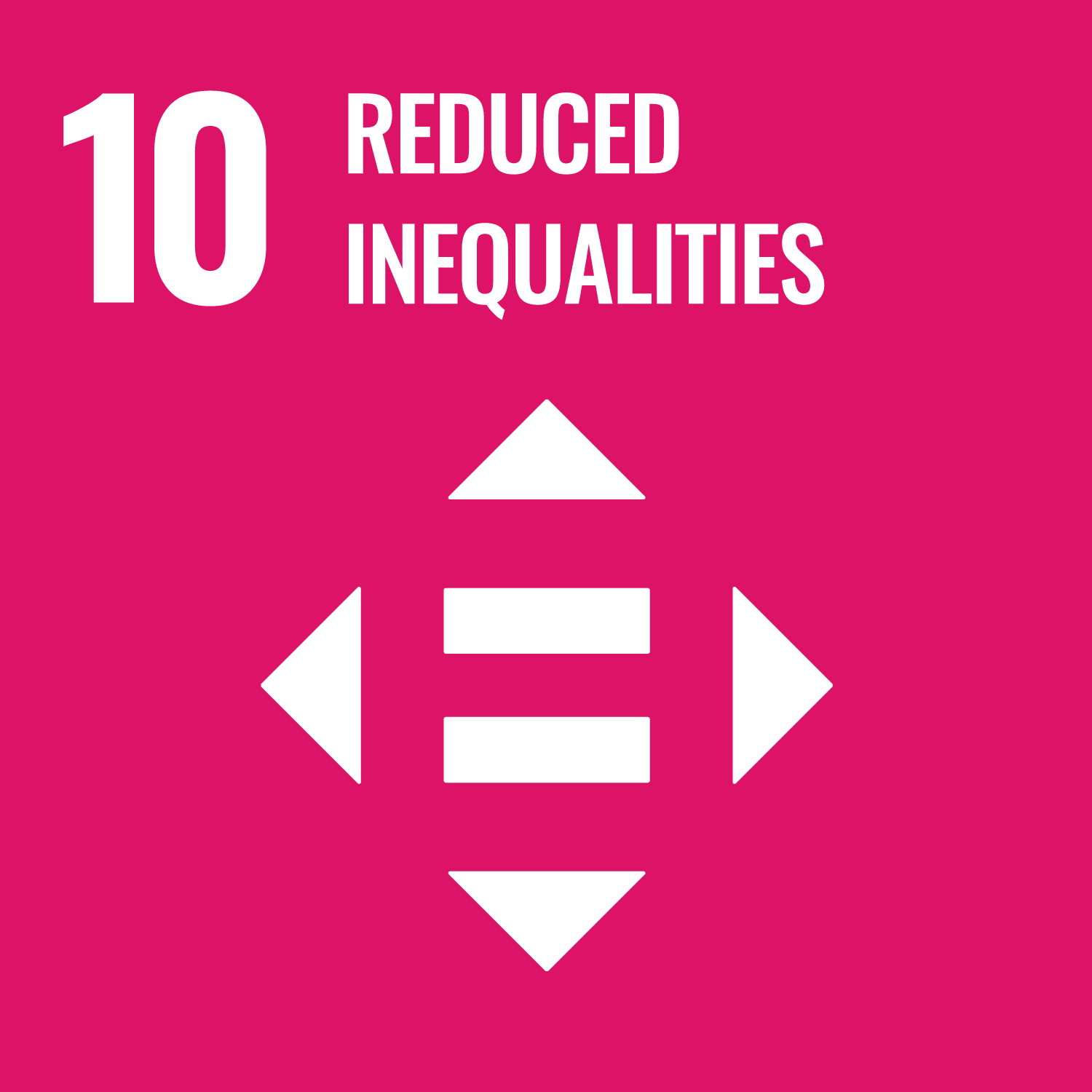Female judges tend to hand down harsher sentences in cases involving sex offences
A UOC research study shows that female judges impose longer sentences than their male counterparts in cases of sexual abuse and assault
The Cannes Film Festival began a few days ago with nine women accusing the French producer Alain Sarde of raping or sexually assaulting them when they were minors or young actresses. If it reaches the courts, the sentence in this case will depend on the French penal code, but also on factors outside the law, such as the sex of the judges.
A study led by researchers from the Empirical and Applied Victimology (VICRIM) group in the Faculty of Law and Political Science at the Universitat Oberta de Catalunya (UOC) concludes that in cases involving sexual offences in which the victims are mostly women and minors, female judges tend to be more punitive than their male counterparts, especially when deciding upon the length of sentences.
"The sex of the judges has an impact on sentences," said Laura Arantegui, a predoctoral researcher at the UOC and the lead author of the study, who pointed out that although "Spanish law is quite strict when it comes to determining penalties by type of crime, there are a number of human factors that can also affect sentencing. And one of them is the judges' sex."
Conditioned by gender roles
Over the last four decades, many more women have entered the judiciary, which was traditionally a male field. This has led to research into the influence that the sex of judges may have on the judicial decisions they make. Although being a man or a woman are not legal factors, they do have some impact on the sentences that are handed down, as a person is inevitably conditioned by the traditionally different roles played by the two sexes in society, which can lead to them having different points of view about vulnerable social groups.
Previous studies focusing on sex offences committed against minors found that in courts with more than one judge, the length of the sentence increased by about 3.5 months for every additional woman on the bench.
In this recent study, the researchers at the UOC focused on cases involving sexual offences committed between 2019 and 2020 which came to trial in Spanish provincial courts, which deal with offences subject to prison sentences of more than five years, where the sentences are handed down by benches made up of three judges.
They reviewed more than 2,200 cases, which were mostly sex offences and sexual abuse of women and minors, and they concluded that the sentences were harsher when there were more women on the bench. However, when the bench was composed exclusively of female judges, the sentence imposed also depended on other variables.
"When it comes to the length of sentences women are tougher than their male counterparts, imposing longer sentences, which is not to say that they are fairer. However, we found no significant results in terms of the number of convictions. In other words, there are no differences between men and women when it comes to determining guilt, but the punishment they impose is heavier," explained Arantegui.
Greater empathy for victims
In view of the results obtained in this study, published in the journal Criminology & Criminal Justice, and based on the conclusions of previous studies, the researchers at the UOC suggest that the reason for this difference between male and female judges could be that female judges identify with more vulnerable groups.
"When dealing with this type of sex offence, women act as representatives of their gender and undoubtedly try to defend these victims, whom they see as more helpless or in a situation of inferiority, and perhaps for this reason they're more punitive", said Arantegui, a member of the UOC's Faculty of Law and Political Science.
As for the composition of benches of judges, the study concludes that the important factor is not the number of women (0, 1, 2 or 3), but instead the sex of the presiding judge, and in particular, that of the reporting judge.
According to Arantegui, the next step will be to examine what happens in cases of sexual violence that come before a single judge, and to expand the types of cases studied to determine whether the judges' sex also has an impact on other types of crimes.
This UOC research project contributes to Sustainable Development Goals (SDGs) 10, Reduced Inequalities, and 16, Peace, Justice and Strong Institutions.
Reference article
Arantegui, L., Romero, P., & Tamarit, J. M. (2024). Does the sex of judges matter? Analysis of sentencing in sex crimes in Spain. Criminology & Criminal Justice, 0(0). https://doi.org/10.1177/17488958241239785
UOC R&I
The UOC's research and innovation (R&I) is helping overcome pressing challenges faced by global societies in the 21st century by studying interactions between technology and human & social sciences with a specific focus on the network society, e-learning and e-health.
Over 500 researchers and more than 50 research groups work in the UOC's seven faculties, its eLearning Research programme and its two research centres: the Internet Interdisciplinary Institute (IN3) and the eHealth Center (eHC).
The university also develops online learning innovations at its eLearning Innovation Center (eLinC), as well as UOC community entrepreneurship and knowledge transfer via the Hubbik platform.
Open knowledge and the goals of the United Nations 2030 Agenda for Sustainable Development serve as strategic pillars for the UOC's teaching, research and innovation. More information: research.uoc.edu.
Experts UOC
Press contact
-
Anna Sánchez-Juárez


